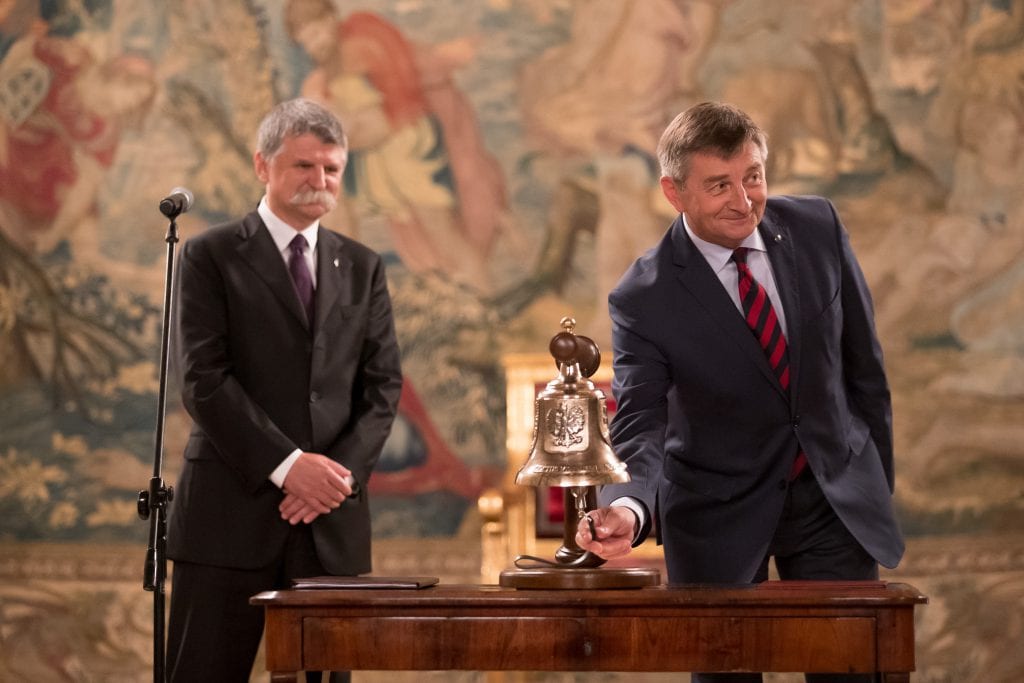At Visegrad Castle, 30 years ago, the three countries pledged to support each other on the road to modernity. They created the V4 Group, which not only survived the great changes in Europe itself, but today is an important player in the international arena.
On 15 February 1991, the then Presidents of Poland and Czechoslovakia and the Prime Minister of Hungary signed a declaration setting out the objectives and conditions for mutual cooperation of the Visegrad Group. At that time all these countries were outside the most important structures of present-day Europe. Czechoslovakia split into two independent states: Czech Republic and Slovakia. The group evolved from V3 to V4 (Poland, Czech Republic, Slovakia and Hungary).
Mutual support and cooperation facilitated the entry of Poland, Hungary and the Czech Republic into NATO already eight years after the Group was established, in 1999. Slovakia later joined the Alliance. The next important step was joining the European Union. Since 2004 all the countries of the Group have been full member states. From countries struggling to shake off the stigma of communism, fighting poverty, rebuilding the economy and social identity V4 has become a community of interests. A community that is respected by other major players in the world.
V4's trade turnover with Germany is more than 50 percent higher than Germany's with France. The 65-million-strong market is developing faster than most countries of the so-called "old Union". V4 means investments in infrastructure, joint educational and financial projects. An important institution established by the initiative created in Hungary in 1991 was the International Visegrad Fund, which came into being 9 years later. Its assumption is to support cultural, scientific, educational and tourist initiatives in the countries of the Group and neighbouring countries - mainly post-Soviet and former Yugoslavia. The Fund's budget amounts to €8 million from the contributions of the V4 countries and additional amounts from other states. The Visegrad Group is today in Europe an important catalyst for change and taking the initiative in matters concerning the future of the EU.
mo



